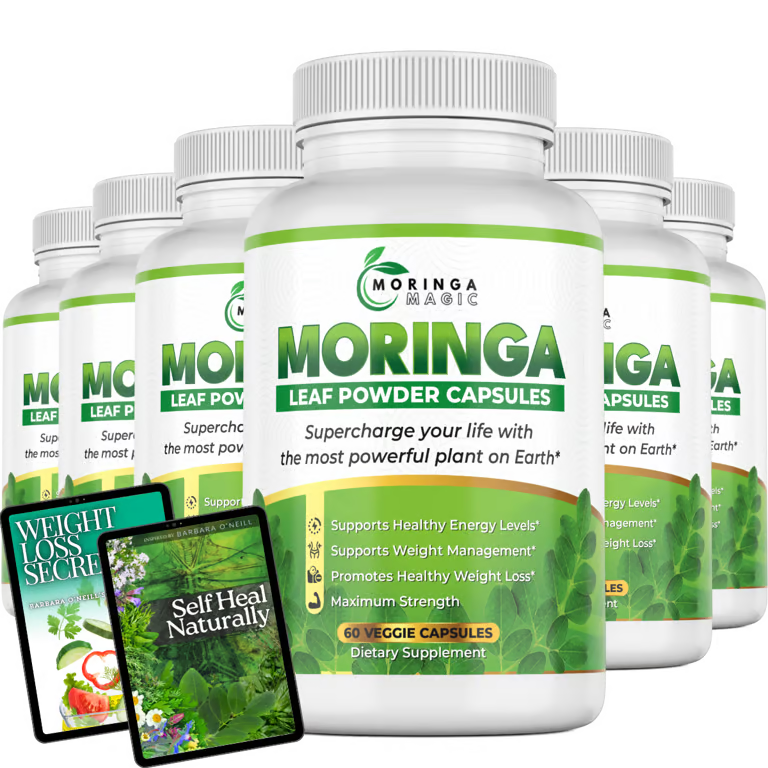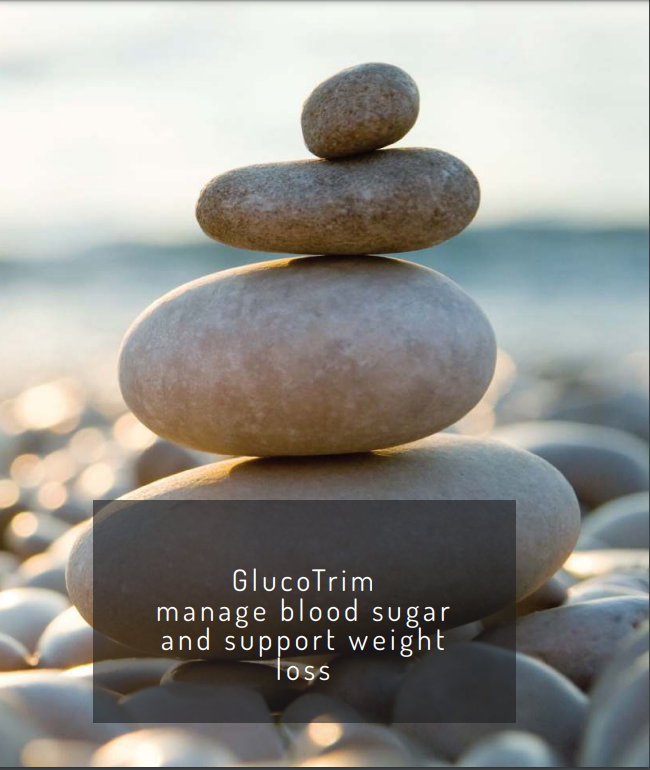
Table of Contents
- Introduction to Supplementation
- What Is Supplementation?
- The History and Evolution of Supplements
- The Importance of Supplementation in Modern Nutrition
- Understanding Proper Supplementation
- Key Types of Supplements and Their Benefits
- How Supplements Work in the Body
- The Role of Diet and Supplements in Balance
- Personalized Supplementation for Unique Needs
- Why “One Size Fits All” Doesn’t Work for Supplements
- Factors Influencing Individual Supplement Needs
- Crafting a Tailored Supplementation Plan
- Choosing Good Supplements and Avoiding Bad Ones
- Identifying High-Quality Supplement Products
- Avoiding Harmful or Ineffective Supplements
- Making Informed Choices for Supplementation
- Conclusion
- Supplementation as a Tool for Holistic Health
- Embracing a Personalized Approach to Wellness
- Final Thoughts on Supplementation and Balance
Chapter 1: Introduction to Supplementation
What Is Supplementation? Supplementation refers to the use of products, such as vitamins, minerals, herbs, and other nutrients, to support overall health and fill gaps in one’s diet. These products are designed to complement, not replace, the nutrients obtained through food. Picture a busy professional who struggles to eat balanced meals; a daily multivitamin can provide essential nutrients that their diet might lack. However, supplementation is not just for deficiencies—it’s a proactive tool for optimizing health, improving performance, and addressing specific health concerns. At its core, supplementation is about giving the body what it needs to thrive.
The History and Evolution of Supplements The practice of supplementation dates back thousands of years, with ancient civilizations using herbal remedies and natural extracts for health. For example, the Egyptians prized garlic for its medicinal properties, while Traditional Chinese Medicine employed ginseng to enhance vitality. Fast-forward to the 20th century, and scientific advancements led to the isolation of vitamins and minerals, sparking the modern supplement industry. Today, supplementation has expanded to include a vast array of products, from probiotics to amino acids, reflecting both traditional wisdom and cutting-edge research. Understanding this evolution highlights how supplementation bridges the gap between nature and science.
The Importance of Supplementation in Modern Nutrition In today’s fast-paced world, maintaining a perfectly balanced diet can be challenging. Processed foods, depleted soil quality, and busy lifestyles often leave individuals lacking essential nutrients. Imagine someone who skips breakfast regularly and relies on fast food for lunch; even with the best intentions, their diet may fall short in providing adequate nutrition. This is where supplementation steps in, offering a practical solution to bolster health. However, it’s important to note that supplements are not a substitute for a healthy diet—they are a support system, enhancing rather than replacing whole foods.
Chapter 2: Understanding Proper Supplementation
Key Types of Supplements and Their Benefits Supplements come in many forms, each targeting specific aspects of health. Vitamins and minerals are among the most common, supporting everything from immune function to bone health. For instance, vitamin D enhances calcium absorption, promoting strong bones, while vitamin C boosts immunity and collagen production. Herbal supplements, like turmeric or ashwagandha, offer natural anti-inflammatory and adaptogenic properties. Omega-3 fatty acids, often sourced from fish oil, improve heart and brain health. Consider someone with joint discomfort incorporating glucosamine supplements into their routine—they experience reduced pain and improved mobility, showcasing the targeted benefits supplements can provide.
How Supplements Work in the Body Supplements are absorbed into the bloodstream, where they deliver essential nutrients to tissues and cells. Their effectiveness depends on bioavailability, or how well the body can absorb and utilize them. For example, fat-soluble vitamins (A, D, E, K) require dietary fats for proper absorption, while water-soluble vitamins (B-complex, C) dissolve in water and are more easily excreted. Imagine a person taking iron supplements for anemia; the iron is transported in the blood and incorporated into red blood cells, improving oxygen delivery throughout the body. Understanding these mechanisms underscores the importance of proper supplementation for optimal health.
The Role of Diet and Supplements in Balance Supplements are not a cure-all—they work best when paired with a nutritious diet. Whole foods provide a complex matrix of nutrients, fiber, and phytonutrients that supplements alone cannot replicate. Picture a fitness enthusiast combining protein shakes with meals rich in lean meats, vegetables, and grains; the supplements enhance recovery and muscle building, while the whole foods supply additional nutrients for overall health. Striking a balance ensures that the body receives comprehensive nourishment, minimizing the risk of over-reliance on supplements while maximizing their benefits.
Chapter 3: Personalized Supplementation for Unique Needs
Why “One Size Fits All” Doesn’t Work for Supplements Every individual has unique nutritional needs based on factors such as age, gender, lifestyle, and health conditions. For example, a pregnant woman requires higher levels of folic acid to support fetal development, while an athlete may benefit from branched-chain amino acids (BCAAs) for muscle recovery. Generic supplement plans risk overlooking these nuances, potentially leading to over-supplementation or deficiencies. Personalized supplementation recognizes that each person’s body is different, tailoring choices to enhance health outcomes effectively.
Factors Influencing Individual Supplement Needs Several factors influence how much and what type of supplementation an individual might require. Genetics can play a role, determining how the body processes nutrients. For instance, some people have genetic variations that affect vitamin B12 absorption, necessitating higher intake. Lifestyle factors, such as physical activity, diet quality, and stress levels, also impact needs. Someone following a vegan diet, for example, may require supplements for nutrients like B12, iron, and omega-3s, which are less abundant in plant-based foods. Personalized recommendations consider these factors to craft a comprehensive and effective approach.
Crafting a Tailored Supplementation Plan Creating a personalized supplementation plan begins with assessing dietary habits, health goals, and any existing deficiencies. This may involve consulting healthcare professionals, conducting blood tests, or using nutrition-tracking tools. For instance, a person aiming to boost energy might identify a magnesium deficiency through testing and incorporate supplements alongside magnesium-rich foods like spinach and almonds. Regular re-evaluation ensures that the plan evolves with changing needs, providing a dynamic framework for long-term wellness. Personalization empowers individuals to optimize their health based on their unique circumstances.
Chapter 4: Choosing Good Supplements and Avoiding Bad Ones
Identifying High-Quality Supplement Products The effectiveness of supplementation depends largely on the quality of the products chosen. High-quality supplements are manufactured by reputable companies that follow strict production standards. Look for certifications like Good Manufacturing Practices (GMP) or third-party testing to ensure purity and potency. For example, someone purchasing fish oil supplements can prioritize those labeled with “molecularly distilled” to guarantee the removal of impurities like heavy metals. Clear ingredient lists and transparent labeling are also important; they allow consumers to verify that the product meets their specific needs without harmful additives.
Avoiding Harmful or Ineffective Supplements The supplement industry is vast, but not all products are beneficial—some may even pose risks. Poorly regulated or low-quality supplements can contain contaminants, fillers, or incorrect dosages that may harm rather than help the user. For instance, excess vitamin A can lead to toxicity, causing issues like headaches and liver damage. Additionally, “fad” supplements often promise dramatic results but lack scientific backing, wasting money and potentially endangering health. Carefully researching supplements, consulting healthcare professionals, and avoiding products with exaggerated claims are key to making safe choices.
Making Informed Choices for Supplementation Informed decision-making is crucial when choosing supplements. Start by identifying specific health goals or deficiencies, such as boosting immunity or improving joint health. Then, research evidence-based solutions, like vitamin C for immune support or glucosamine for joint relief. Consulting with a dietitian or doctor ensures that the chosen supplements align with individual needs and avoid contraindications with medications. Imagine someone considering herbal remedies alongside prescription drugs—professional guidance can help prevent interactions and optimize results. Informed choices empower individuals to benefit fully from supplementation while safeguarding their well-being.
Chapter 5: Conclusion
Supplementation as a Tool for Holistic Health
Supplementation is a powerful tool for achieving holistic health when used wisely. It fills nutritional gaps, supports bodily functions, and enhances quality of life. However, it is not a substitute for a balanced diet—it works best as a complementary strategy. Imagine a busy parent who uses a daily multivitamin alongside nutrient-dense meals to maintain energy and vitality. This holistic approach reflects the synergy between supplementation and whole foods, highlighting the importance of balance in achieving optimal health.
Embracing a Personalized Approach to Wellness
The journey to wellness is unique for everyone, and supplementation is no exception. Personalized supplementation plans, tailored to individual goals and circumstances, ensure the greatest impact. For example, a student under stress may benefit from magnesium and omega-3 supplements to support relaxation and focus, while an older adult might prioritize calcium and vitamin D for bone health. By embracing this personalized approach, individuals can optimize their health strategies and achieve a greater sense of well-being.
Final Thoughts on Supplementation and Balance
Supplementation is a reflection of modern health consciousness, offering targeted solutions in a complex nutritional landscape. However, its effectiveness lies in balance and thoughtful application. Supplements should empower individuals, not overwhelm or mislead them. By combining education, professional guidance, and personalized plans, anyone can make supplementation an integral part of a vibrant and healthy lifestyle. Picture a future where each supplement supports a purposeful goal, enriching life with energy, strength, and vitality—a testament to the power of informed choices.



